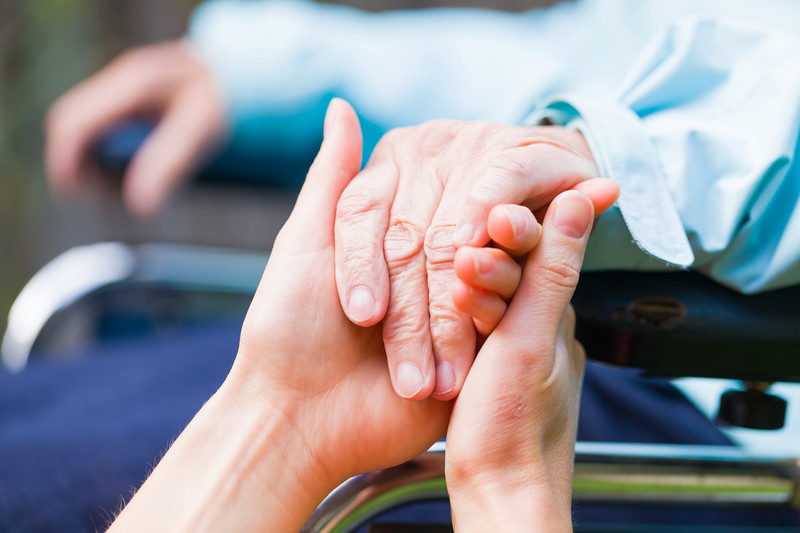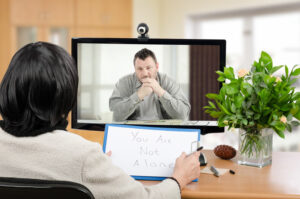When Caring Hurts: Preventing Caregiver Burnout
You are dependable and loyal. You take family seriously and honor those around you who are unable to care for themselves. So, you have found yourself in the position of caring for an elderly parent grandparent or chronically ill or disabled loved one who requires constant care. Sometimes it feels like it is just too much for one person to bear. You may feel that no one else is there to carry the burden but you. However, not reaching out for help can lead to harmful results.
The Numbers Don’t Lie
The United States is home to over 44 million unpaid caregivers. The numbers will continue to grow as the population of baby boomers continues to age. The prevalence of spectrum disorders, like autism, has increased in America by 30 percent in recent years. Many disorders can limit the ability of people to function independently. These situations may create a need for family members to step up when care facilities seem like an unwanted or unfeasible option. But what effect does the caregiving lifestyle have on the caregiver?
Signs of Trouble
Fatigue and sleep deprivation when caring for a loved one are common. Fatigue can make a caregiver more vulnerable to physical, emotional or mental illnesses themselves. This can be due to a combination of physical obligations of providing care around the clock to the worry and stress that can accompany the responsibility of maintaining someone else’s welfare. Oftentimes, caregivers are not only responsible for the elderly parent or disabled family relative. They are parents, husbands and wives as well, further adding to their load.
You may notice that you, or the caregiver in your life, has become increasingly irritable, anxious or angry lately. A prolonged state of fatigue and stress puts caregivers at risk for diabetes, addictions, increased sensitivity to pain and infections. If you see signs of depression, such as feelings of hopelessness or helplessness, loss of interest in other activities, social withdrawal, find help. That is a clear sign that it is time for intervention.
In difficult circumstances, some caretakers may appear disoriented, erratic and/or highly emotional. Let extreme changes in mood, behaviors or routine be a signal to you that something is wrong.
Caring for the Caregiver
If any of this sounds familiar, please take the necessary steps. As a caregiver, know that reaching out for help and taking care of yourself are just as important to your role as a caregiver as the caregiving itself. If you know someone who is responsible for a loved one’s wellbeing and is exhibiting signs of burnout, lend a helping hand. Here are some steps that you can take:
- Self-assess. Take a moment to do personal inventory. If your energy levels have been low and your patience thin, admit it to yourself. That is the only way to begin the process of improving your situation.
- Take a break. If you do not have to, don’t go it alone. Ask friends or family members to stay over a couple nights a week so that you can get a full night’s rest. See if they can watch your loved for a couple of hours during the day while you take some personal time. If there is no one available, take advantage of some of the caregiver resources (found below) that can assist you.
- Be mindful. Include a mindfulness, mediation or prayer practice in your day. This serves to increase your self-awareness and promotes relaxation while you are awake. Fifteen minutes can make a world of difference.
- Find support. As a caregiver, you might be too busy to know that there is help available to you, even if you feel like you are all alone. Please check out the following resources:
- AARP CareConnection
- National Alliance for Caregiving
Want to see if you or someone you love is battling caregiver burnout, take this short quiz:
https://www.caring.com/articles/caregiver-burnout-quiz
Contributed by
Supervised by Dr. Amy Fuller, PhD, LMFT-S, LPC-S









